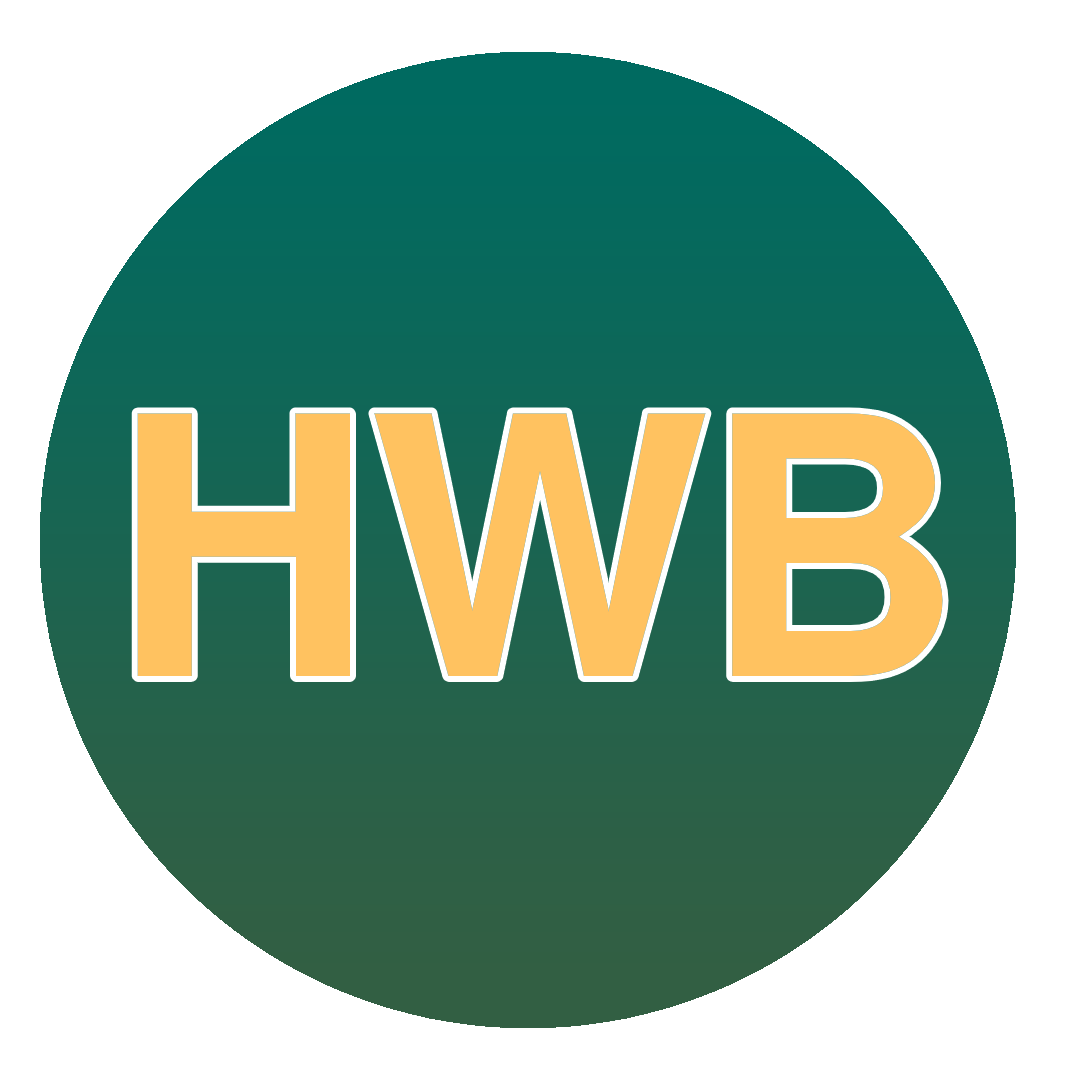Risk taking behaviour is natural and essential for young people’s development. However, this can impact a young persons wellbeing and educational attainment. Young people who take part in many risky behaviours face more health and wellbeing problems compared to others.
Personal and environmental factors can protect young people or put them at risk. For example, individual characteristics, their community, school, family and peer groups.
Risk taking at a younger age, is linked to other risky behaviours in later teenage years.
Alcohol and drug use alongside other harmful behaviours can increase risk of harm, especially for young people who are already vulnerable.
Other health factors should also be considered when addressing multiple risk and young people. For example, smoking or vaping, sexual health and relationships  , mental health
, mental health  , physical activity, nutrition
, physical activity, nutrition  and stigma
and stigma  .
.
Early intervention and prevention approaches can improve educational attainment and outcomes for young people. Moving from primary to secondary school is an important time to help protect children and reduce their risk of harm.
To support young people in Glasgow, we need to:
- Identify people at risk
- Signposting to relevant services
- Reduced the harm caused to individuals, families and communities from multiple risk behaviours
Discussion with a young person around their risk-taking behaviour, may depend on whether they disclose whether they are at risk of harm or a risk to those around them. Educators should use their professional judgement to determine whether a young person has disclosed or displayed any signs of serious concern regarding their safety or wellbeing. Concerns about risk to a child or young person should be reported without delay to social work or, in situations where risk is immediate, to Police Scotland. Every organisation and agency should have a designated child protection lead who can be consulted and should have procedures for reporting concerns. In addition, obtaining and recording key information such as shown in the prompts below can assist with the initial risk assessment, safeguarding and reporting of a concern.
For further guidance please visit click here 
Further information:
Read more about risk taking behaviours and young people in Scotland here 
Read more about interventions that address multiple risk behaviours or take a generic approach to risk in youth here 
Glasgow City Health Improvement Quit Your Way team undertook a consultation with young people to hear their views on Vaping. Click here  to see their responses.
to see their responses.
